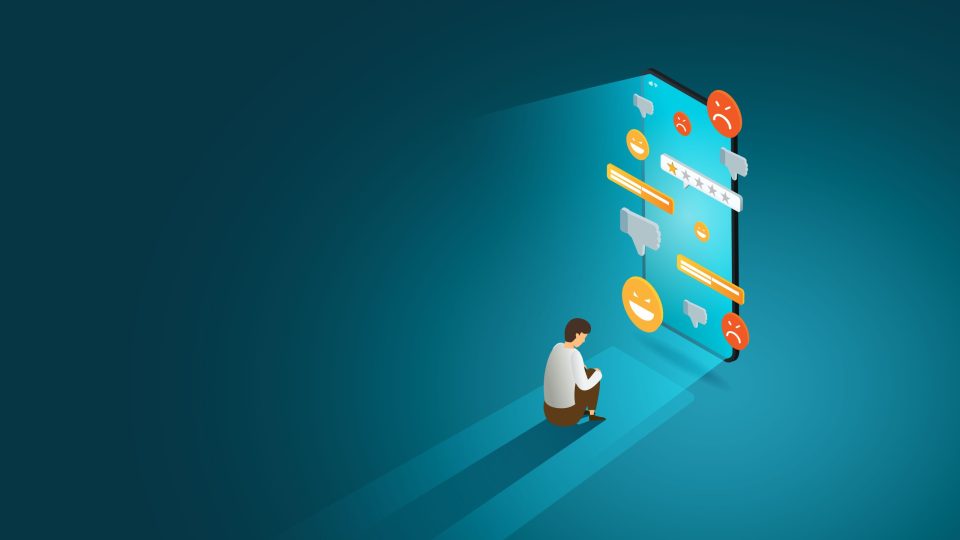In an age dominated by digital connectivity, social media platforms have become integral parts of our daily lives. From Facebook to Instagram, Twitter to TikTok, these platforms offer unparalleled opportunities for communication, self-expression, and community building.
However, amid the seemingly endless scroll lies a complex landscape where the benefits and drawbacks intertwine, often affecting our mental well-being in profound ways.
One of the primary challenges posed by social media is the culture of comparison it fosters. Platforms are flooded with carefully curated images of idealized lives, portraying flawless bodies, extravagant experiences, and unattainable standards of beauty.
It all comes with a price to pay, ranging from trying to fake a life to fit in the lives of your E-friends, make an impression, sometimes even to people who won’t care.
This constant exposure can fuel feelings of inadequacy, jealousy, and low self-esteem, leading to detrimental effects on mental health.
Cyberbullying and online harassment from social media also may come have with the package and can have serious negative effects on mental health.
Moreover, social media algorithms are designed to prioritize content that aligns with our interests and beliefs. While this can create a sense of belonging within niche communities, it also reinforces echo chambers where dissenting opinions are silenced.
The resulting polarization and echo chambers can exacerbate feelings of isolation, fueling anxiety and depression.
The pressure to maintain an active presence on social media can also take a toll on mental health. The incessant need to garner likes, comments, and followers can become all-consuming, blurring the line between virtual validation and self-worth.
This constant performance can lead to feelings of anxiety, stress, and burnout, as individuals feel compelled to constantly curate their online personas.
Finding the Balance
Despite these challenges, it’s essential to recognize that social media isn’t inherently negative. When used mindfully, it can facilitate meaningful connections, spark important conversations, and provide valuable support networks.
The key lies in finding the balance between engagement and detachment, cultivating a healthy relationship with these platforms.
One effective strategy for mitigating the negative impact of social media on mental health is setting boundaries.
This may involve limiting screen time, curating your feed to prioritize positive content, or taking regular breaks from social media altogether.
By reclaiming control over our digital consumption, we can reduce the risk of falling into the pitfalls of comparison and validation seeking.
Furthermore, promoting digital literacy is crucial in empowering individuals to navigate social media responsibly.
Educating users about the manipulative tactics employed by platforms, fostering critical thinking skills, and encouraging mindful usage can help mitigate the negative effects on mental health.
However, it’s important to remember that social media is a curated version of reality, and what we see online may not always reflect the full spectrum of human experience.
It’s essential to maintain a critical perspective and recognize that everyone’s journey is unique. Embracing authenticity and staying true to ourselves amidst the pressures of social media can help us lead more fulfilling and genuine lives.


